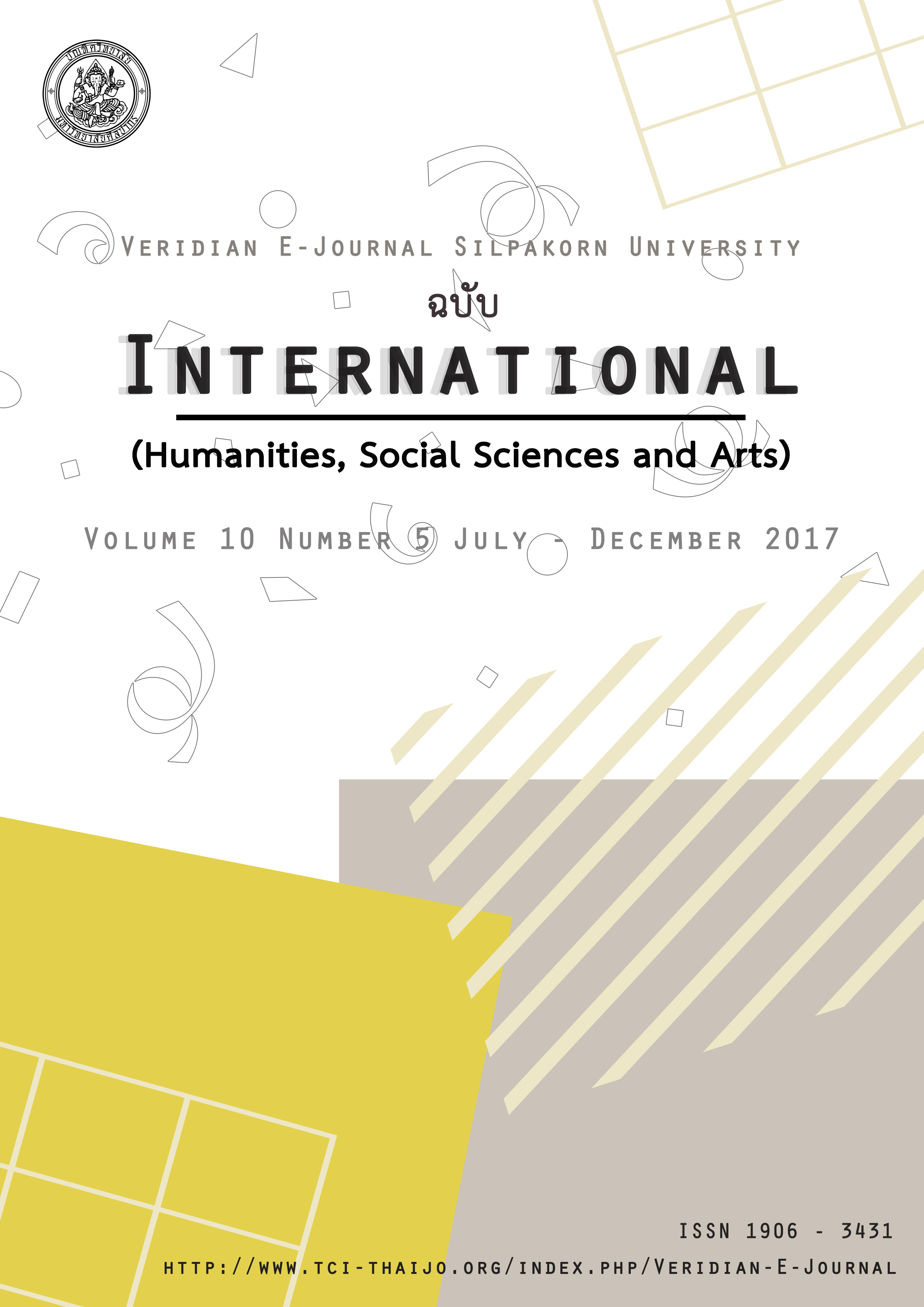Social Benefits Affecting Sustainable Real Estate Development: LEED Platinum Office Building
Main Article Content
บทคัดย่อ
The real estate industry and sustainable development consume an enormous amount of natural resources and energy. In Thailand, most of the primary energy consumption comes from local corporates and the business sector in the Bangkok metropolitan area, especially the office buildings that are increasing in number. The energy consumption of these office buildings also generates environmental problems, such as urban heat islands and global warming. Even though the office building development sector consumes massive amount of natural resources and energy, this sector shows progress in advanced sustainable real estate development. A great number of office building projects in Thailand appear to have high ranks for both the amount that are green certified and registrations to acquire certification under the LEED (Leadership in Energy and Environmental Design) standard.
This research aims to explore the system of social benefits affecting sustainable real estate development in Thailand. The analysis concentrates on three LEED Platinum office buildings located in Bangkok, Thailand, which are: 1) Energy Complex, 2) Park Ventures the Ecoplex, and 3) SCG 100th Year Building. Regarding the research methodology, the Delphi technique was used to acquire a consensus of the social benefits that are generated from LEED office development. Research data was collected from nineteen anonymous participants via rating scale questionnaires. The information was evaluated using the Delphi technique method to find which social benefits are considered in LEED Platinum office building development. The research outcome illustrates the social benefits that the key informants agree on, regarding the promotion of corporate social responsibility (CSR), corporate image, and marketing (variable 1). In contrast, the increase in employee and workforce productivity (variable 2), the improvement of the quality of life (variable 3), and the decrease of sick building syndrome (variable 4) are not considered as social benefits for the LEED office building development.
